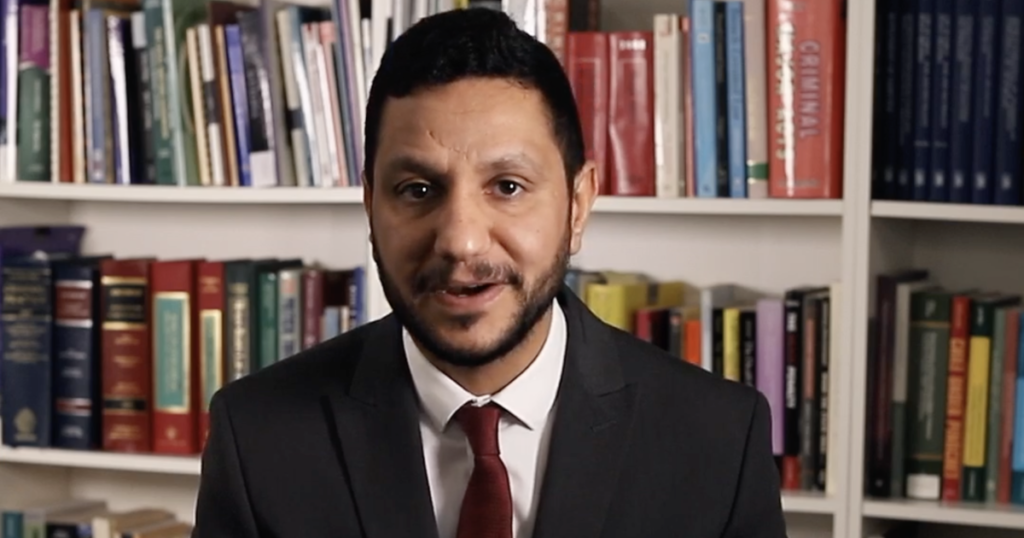Saeed Alwadaei’s story is one of extraordinary resilience. Imprisoned and tortured during the 2011 Bahraini uprising, he emerged from this harrowing experience even more courageous and defender of human rights. Stripped of his citizenship, Alwadaei now works tirelessly to expose the Bahraini regime’s human rights violations and fight for justice for those who have no voice. This is the story of his incredible journey from victim to advocate on the international stage.
Why did you become a human rights activist?
In 2011 there was a major popular uprising in my country, Bahrain. People demanded more freedoms, an independent judiciary and more rights. We protested peacefully but were suppressed. I was imprisoned and tortured. After my release, I felt the need to help those still incarcerated and ensure that those responsible for abuses are held accountable.
How did torture affect you personally?
Torture leaves permanent marks, and sometimes the marks are visible. I have a scar on my forehead from the officer’s shoe, a painful reminder of the brutality I faced. Even when I don’t want to talk about the torture, I can’t help it because it’s always there. I’ve had to explain to my children why I have these scars. It’s hard to talk to them.
What pressures did you face as a human rights activist in Bahrain?
The Bahraini government stripped me of my citizenship, making me stateless. This punishment also affected my family, especially my daughter who was born stateless in the UK. And the pressure on my family didn’t stop there. After I protested during a meeting between the King of Bahrain and former Prime Minister Theresa May in London, my whole family paid the price. My mother-in-law, brother-in-law and their cousins were even jailed for a time for my activism.
What motivates you to continue working in this challenging field?
Despite the challenges, my work gives hope to people, especially those in prison, who find solace in the international coverage of their cases, which also impacts their families.

